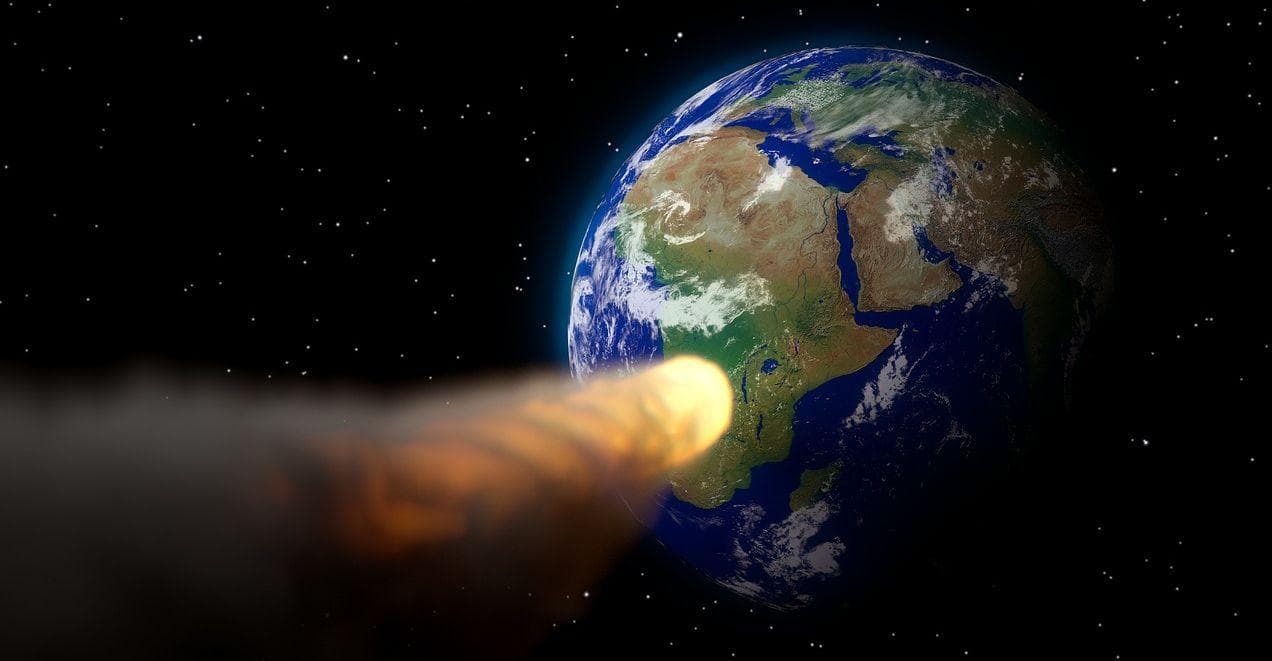- Joined
- Oct 5, 2017
- Messages
- 5,612
- Reaction score
- 2,694
- Gender
- Male
- Political Leaning
- Independent
Some background:
On January 1st 2022 the Western Pennsylvania area heard a big boom around 1130am. People could hear it as far west as Weirton WV, as far east as Greensburg Pa.
While there is no "official" explination, the general consensus right now is that it was a meteor entering our atmosphere. No lightning or thunderstorms were detected in the area, just rain.
My wife decided to look up if this has happened at other places. She has found these recent dates when this same thing has happened and has yet to be "officially" explained:
Clarksville, Tennessee 9-6-21
Shenandoah Valley 9-17-21
New Hampshire 10-10-21
Southwest Florida 12-7-21
Massachusetts 12-15-21
Central Illinois 12-21-21 (though some people say this was an F15)
Louisiana 12-24-21
San Diego, California 12-28-21
Pittsburgh, Pennsylvania 1-1-22
Also very interesting is that on the early morning hours of November 24th, 2021, between 1 and 2am... NASA launched a spacecraft to smash into an asteroid to test if it would be able to alter the trajectory of an asteroid.

 www.npr.org
www.npr.org
While neither me nor my wife are saying any sort of conspiracy is taking place, it does seem very interesting that these unexplained booms are taking place, and then in November NASA launched this test.
On January 1st 2022 the Western Pennsylvania area heard a big boom around 1130am. People could hear it as far west as Weirton WV, as far east as Greensburg Pa.
While there is no "official" explination, the general consensus right now is that it was a meteor entering our atmosphere. No lightning or thunderstorms were detected in the area, just rain.
My wife decided to look up if this has happened at other places. She has found these recent dates when this same thing has happened and has yet to be "officially" explained:
Clarksville, Tennessee 9-6-21
Shenandoah Valley 9-17-21
New Hampshire 10-10-21
Southwest Florida 12-7-21
Massachusetts 12-15-21
Central Illinois 12-21-21 (though some people say this was an F15)
Louisiana 12-24-21
San Diego, California 12-28-21
Pittsburgh, Pennsylvania 1-1-22
Also very interesting is that on the early morning hours of November 24th, 2021, between 1 and 2am... NASA launched a spacecraft to smash into an asteroid to test if it would be able to alter the trajectory of an asteroid.

NASA launches spacecraft to test asteroid defense concept
The spacecraft's mission is to smash into an asteroid and test whether it would be possible to knock a speeding space rock off course if one were to threaten Earth.
While neither me nor my wife are saying any sort of conspiracy is taking place, it does seem very interesting that these unexplained booms are taking place, and then in November NASA launched this test.


